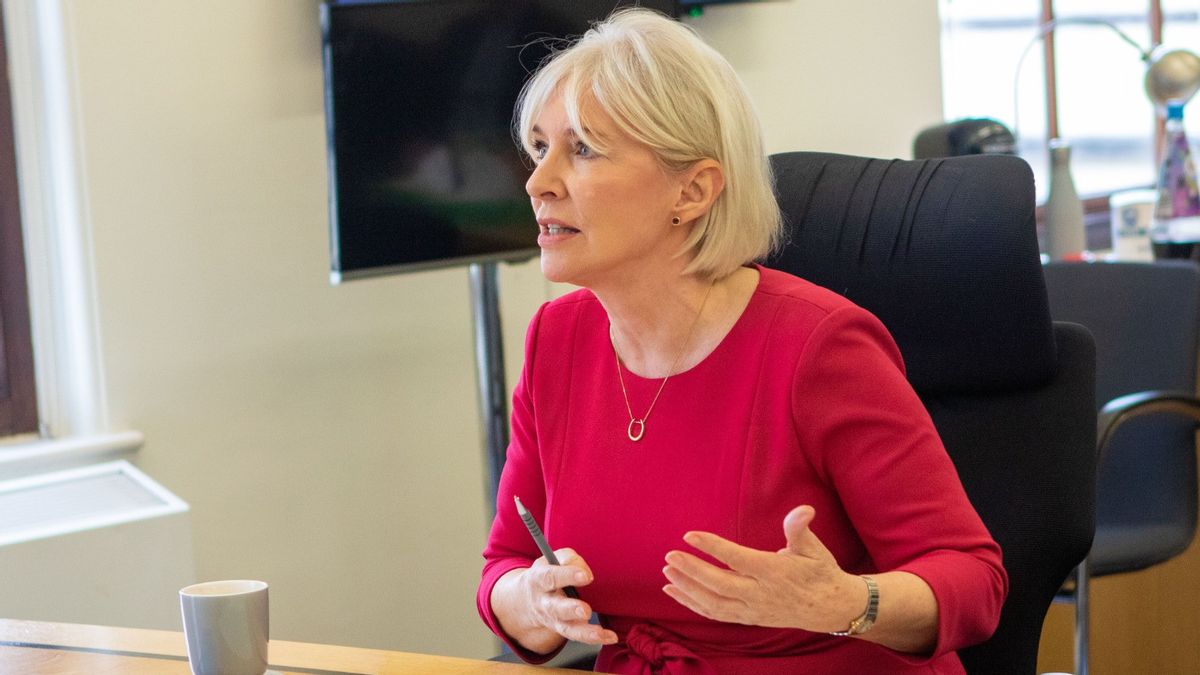JAKARTA – British authorities said on Tuesday, March 8 that they would force Google, Facebook, Twitter and other online platforms to prevent paid fraudulent ads. This was done after demands from regulators and consumer groups for stronger crackdowns on any fraudulent attempts.
The government said its draft law on preventing online harm would include requirements for large platforms to increase user protection from criminals posing as celebrities or certain companies, to steal personal data, peddle unsecured financial investments or break into bank accounts.
Communications regulator Ofcom will check whether the platform has implemented systems to prevent and remove false advertisements. Supervisors can block services or issue fines of up to 18 million pounds (IDR 344 billion) or 10% of their annual turnover.
"Changes to the upcoming Online Security Bill will help stop fraudsters from scamming people out of their hard earned money, using fake online advertising," UK Culture Secretary Nadine Dorries said in a statement.
Online scams from ads on Google, Facebook, Twitter and other social media have mushroomed as more and more people have gone online during the pandemic lockdown to combat COVID-19.
A record UK record £754 million was stolen in the first six months of 2021 in banking fraud. According to data from UK Finance, this number is up by almost a third from the same period in 2020.
In response to pressure from the Financial Conduct Authority (FCA), several online services are now restricting the advertising of financial products to FCA-regulated companies, calling for stronger oversight.
"This could make a huge difference to stemming a wave of false advertising and fraud on social media and search engines that is causing devastating financial and emotional harm to innocent victims," said Anabel Hoult, chief executive of consumer campaign group Which?
SEE ALSO:
The UK government said it was also launching a public consultation on tightening regulations for the online advertising industry, either by strengthening the current self-regulatory approach, or by creating a new watchdog.
Harmful or misleading advertisements, such as those promoting a negative body image, and advertisements for illegal activities such as arms sales can face tougher rules and sanctions.
The UK government also said influencers who fail to state that they are paid to promote products on social media could also be subject to tougher penalties.
The English, Chinese, Japanese, Arabic, and French versions are automatically generated by the AI. So there may still be inaccuracies in translating, please always see Indonesian as our main language. (system supported by DigitalSiber.id)











